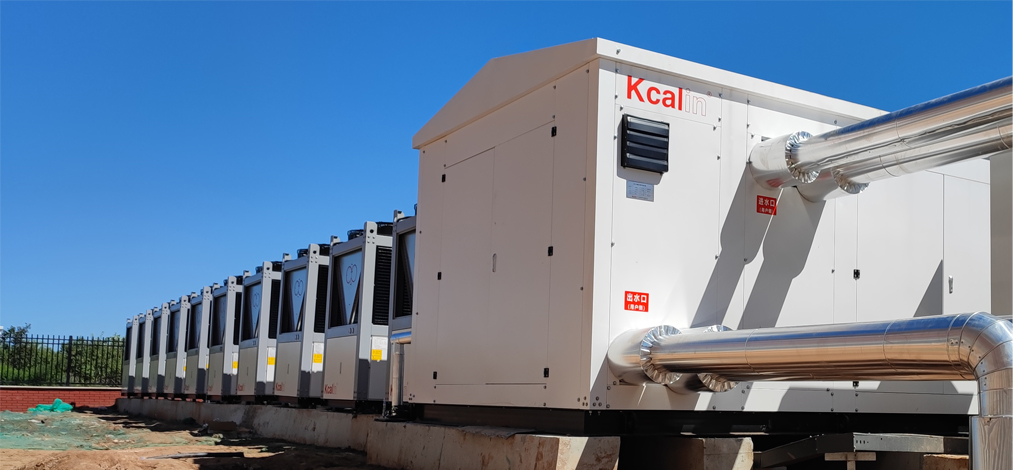In the pursuit of environmental protection and low-carbon living today, the field of energy heating is also constantly exploring and innovating, among which distributed clean energy heating has become a new trend that has attracted much attention. Not only can it meet people's needs for comfortable living, but it can also reduce energy consumption and environmental pollution.
What is distributed clean energy heating?
Distributed clean energy heating refers to the use of renewable or clean energy as a heat source to provide heating and hot water services for buildings, communities, etc. through a distributed heating system. This system typically uses modular air source heat pumps to achieve coverage of building heating needs through the utilization of renewable energy, while reducing reliance on traditional fossil fuels.
The impact of distributed clean energy heating on the environment is extremely limited, and its environmental significance is mainly reflected in the following aspects:

Reducing carbon emissions: Traditional heating methods often rely on fossil fuels such as coal and fuel, which burn and produce a large amount of harmful gases such as carbon dioxide and sulfides, exacerbating the greenhouse effect and air pollution. Distributed clean energy heating utilizes renewable energy sources such as solar and geothermal energy, reducing the demand for fossil fuels and lowering carbon emissions.
Improving air quality: The smoke and particulate matter generated by traditional heating methods such as burning coal and fuel have a serious impact on air quality. Clean energy heating does not generate combustion gases, effectively improving the air quality of the surrounding environment and safeguarding people's health.
Protecting the ecological environment: Using renewable energy sources such as solar energy and geothermal energy for heating will not disrupt ecological balance, nor cause excessive exploitation and damage to land resources, which is of great significance for protecting the environment and ecosystem.
The advantages of distributed clean energy heating
Renewable and sustainable: Clean energy sources such as solar energy and geothermal energy are inexhaustible resources that can be continuously utilized. Distributed clean energy heating can achieve long-term stable supply of heating and hot water.
Energy conservation and emission reduction: Clean energy heating systems utilize efficient energy conversion technologies to reduce energy consumption and achieve the goal of energy conservation and emission reduction. Especially during the high energy consuming heating season in winter, the energy-saving effect is better.
Reduce operating costs: The operating and maintenance costs of distributed clean energy heating systems are relatively low. Once the system is built, regular maintenance and upkeep are required to provide long-term and stable services to users.
Intelligent management: Modern distributed clean energy heating systems are usually equipped with intelligent control and monitoring systems, which can achieve remote monitoring and intelligent adjustment of the system, improving the operational efficiency and stability of the system.
Distributed clean energy heating is a green and sustainable heating method that not only meets people's needs for comfortable living, but also achieves the goals of environmental protection and energy conservation and emission reduction. Choosing clean energy heating not only allows one to enjoy a comfortable life, but also contributes to the cause of environmental protection. Let's work together to build a green home, heat up, not pollute, and move towards a better future!







Comment